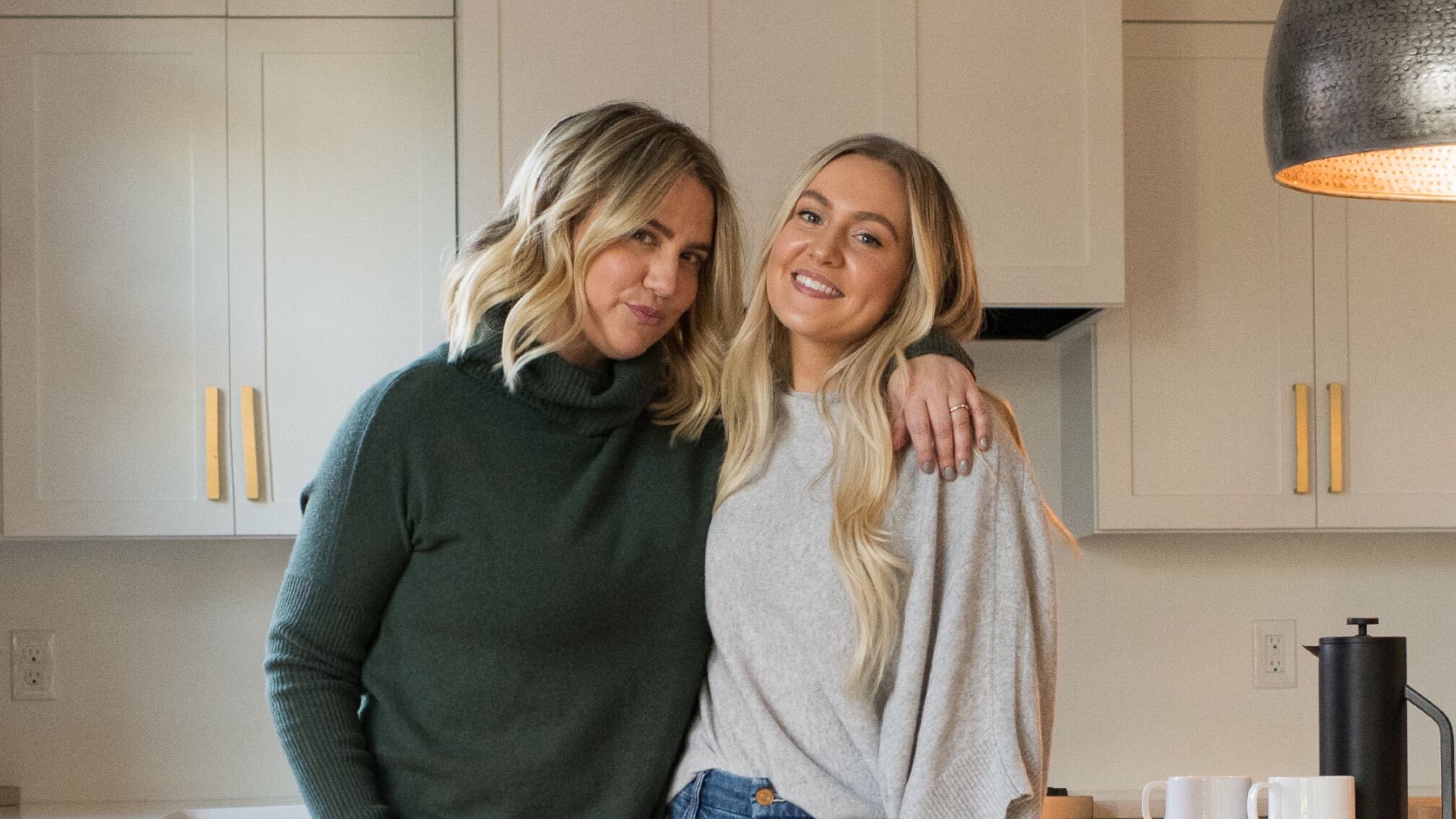Home Remodeling
Sector spending increase: 13.2%
Amy Carnahan looks out the windows of her Old Town office and sees plywood. Then she goes back to sprucing up the places where Portlanders now do business: their homes.
"I have this survivor's guilt," she says. "We're pumping out stuff and there are people shutting down around us. That's not lost on us."
Carnahan, 38, co-owns Sunday House Design, an interior design firm. For her clients, the living room now doubles as an office, school, gym and common space—and those who have the money to reinvent their homes to match their new homebound lifestyles are doing just that. So Carnahan's business has tripled since March.
"People now understand the function of their home," she says. "So many of us are in and out all the time normally, so things that bother you, you can live with because you're not in that space. People are just like, 'I can't look at this anymore, I can't live in this anymore."'
Common requests this year, according to interior designers? Accessory dwelling units, fully functional basements, lots of kitchens and home office spaces—and, of course, Zoom rooms.
Anne Good, who runs Good Life Interiors, says her clients are now "conscious of what's behind you in your little camera." One of the top requests is spruced up bookshelves to subtly flaunt refinement during Zoom meetings.
"I actually have a source that I get colored books from, so you can pick the colors and design a color palette," Good says. "You can pick greens and grays, reds or pinks and fuchsias."
And the books themselves? "That doesn't matter, it's all about the color. They're just random books."

Desia Graybill sees weightier requests. At her firm Atomic Design, she says she's seen a rise in demand for fully-functional living spaces such as finished basements. One of her clients requested a full basement conversion so they could house a grandmother who was formerly in a nursing home. They wanted her closer to home—but separate from the rest of the family.
Graybill has also seen married couples requesting master bedroom renovations to escape their children, and a wave of in-home gyms. "I thought for sure our industry would get hit hard, and we weren't," says Graybill. "We can't keep up with people."
Though Portland's housing market suffered early on in the pandemic, it picked up again this summer. Any talk of Portlanders fleeing protests to the suburbs is just that: chatter. In reality: Home sales in North Portland are up 12.3% this year, and every quadrant in the city saw an increase.
That translates to homeowners feeling comfortable investing money into home improvement, says Carnahan.
"There's this dichotomy of what's going on in other places, and then in Portland—it's weird. Our properties aren't being affected by this," says Carnahan.
Portland's interior designers are aware that their clients are among the privileged. When others are wondering if they'll be evicted next year, these folks are planning Zoom rooms. Yet the designers also get an intimate look into a stranger's home life that many aren't afforded. And they say they sense a deep loneliness in many clients.
Graybill was biking to the gym in October when she stopped by a client's house on her way.
"She just has the weight of the world on her shoulders," says Graybill. "What used to be a bottle of wine on the counter is now a box of wine on the counter."
Businesses Booming Amid Oregon's Freeze
A Golden Retriever Breeder in Oregon Discovers Everyone Wants a Pandemic Pup
As Taprooms Closed, Full Sail Brewing Pivoted to Hard Kombucha
What's It Like to Run a McDonald's During a Pandemic? The Orders Get Larger
Jovani Prince Seized His Opportunity. It Was Made of Crackers.
How Jigsaw Puzzles Saved a Sellwood Game Shop
Pendleton Woolen Mills Is Selling Plenty of Blankets to Homebound Oregonians—and One Sweater

